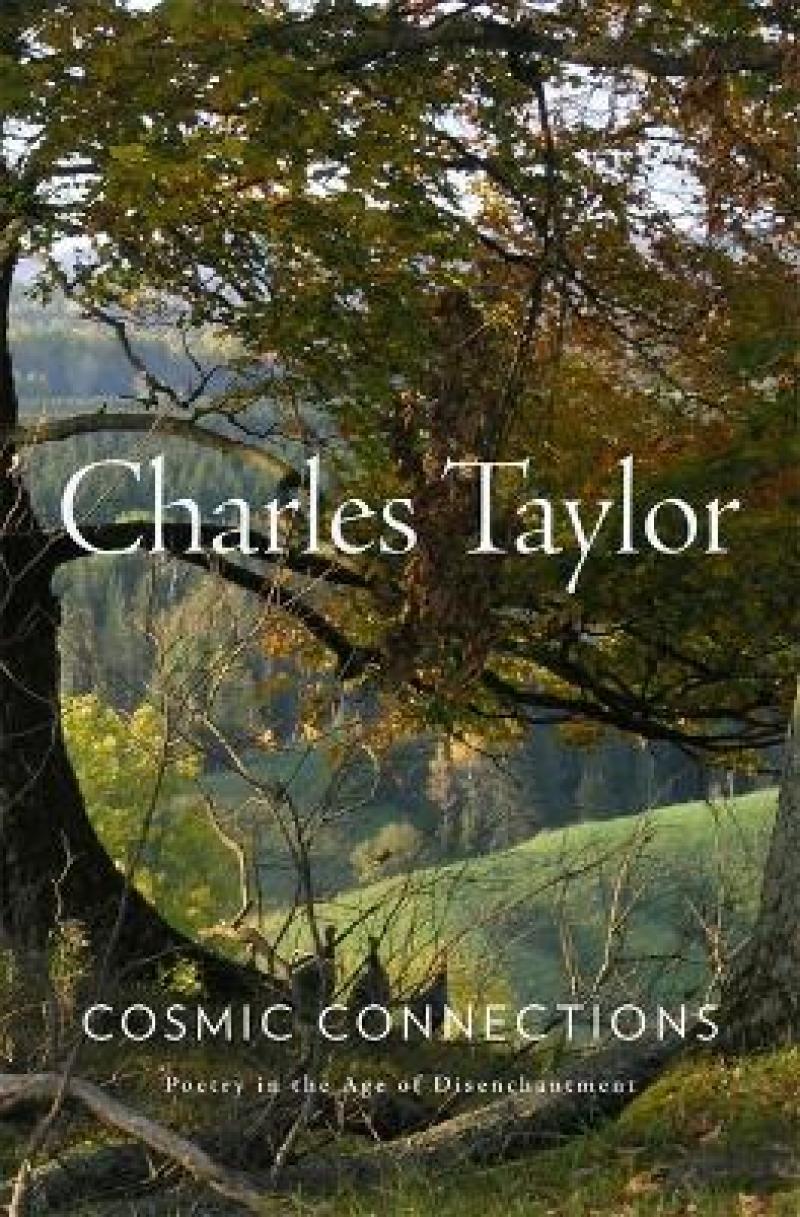A wonderful demonstration of the power of literature to make us think and feel.
- Adam Kirsch, New York Review of Books
An immensely ambitious book…an extraordinarily original, ambitious, and erudite effort to excavate the roots of Romanticism and place it in a new and vital relation with the rest of Western (and not solely Western) culture…a cosmic achievement.
- George Scialabba, Commonweal
Ostensibly a study of Romantic poetry and music, [this book] is about nothing less than modern life and its discontents, and how we might transcend them.
- Adam Gopnik, New Yorker
Offers us something more complicated and interesting than just spreading the good news about poems… [Taylor’s] accounts of the poems are informed and lucid, at times disarming in their personal investment…the commentary has all the expository command of Taylor at his best.
- Seamus Perry, Times Literary Supplement
Monumental…the whole work is nothing if not tantalizing. On page after page are telling phrases and casually dropped insights, reminding us of Taylor’s intellection freshness and penetration…a book of spacious horizons, deep insight, [and] characteristically generous engagement.
- Rowan Williams, First Things
A grand statement of his lifelong conviction that words are not counters for the exchange of information but are valuable only when they express and shape what we mean and what we value. They should connect us to one another, if not perhaps to the cosmos. <i>Cosmic Connections</i> appears just as gloom is mounting about the commercialized automation of writing, the degradation of political language, and the disintegration of social cohesion. It invites us to consider these pressing evils as connected and to resist them by drawing upon literature to refresh our own speech.
- Michael Ledger-Lomas, Literary Review of Canada
Taylor is a perceptive reader of his poets, and he offers a wonderful synthesis of how poets from the Romantics onward have sought to overcome the ‘disenchanted’ vision of reality…he calls our attention to a way of understanding the Romantic age that makes it appear lively, salient, and worthy of the reader’s contemplation.
- James Matthew Wilson, National Review
Taylor shows how…poetry…puts readers in contact with experiences of divine harmony, of supernatural order, of a joy which is the direct result of a situated haecceity, which is to say, of the <i>thisness </i>of poetic experience…[this book] dares to treat poetic language as a unique category of communication unto itself that is as distinct as it is elusive to the understanding.
- Matthew Hunter, Chronicle of Higher Education
[Taylor’s] working theory seems to be that he has found in the poetics of cosmic connection a deep sense of significance, and he wants for us to find it too. Despite the different underlying stories, the endlessly diverging and never resolving meanings and symbols and significations, he finds that poetry still calls to him, still makes claims on him that are definite in their effect if not in their propositional content. Why should that be the case, for him or for anyone else? What is it that keeps drawing us back to these wells? This book is his answer.
- Jeff Reimer, The Bulwark
A return to form for Taylor…a worthy milestone in an extraordinary career.
- Stevan Veljkovic, European Journal of Social Theory
At once a meticulously precise examination of Romantic and post-Romantic poetry and, more ambitiously, an urgent call for what we might refer to as ‘poetic realism.’
- Tara Isabella Burton, The Dispatch
<p>[This] transcontinental exploration of the Romantic poetic tradition from William Wordsworth<br />to Annie Dillard…responds to what we may call our ‘postliberal’ moment. Given the broad social alienation, collapse of shared epistemologies, and spread of antidemocratic sentiments across the globe, it is not the independence and creative groundlessness of the Romantics that Taylor calls upon here, but their linguistic representation of attachment across space and time.</p>
- Jamison Kantor, Critical Inquiry
Demonstrates awe-inspiring range and a fundamental belief in the power of art…a broad-ranging, occasionally startling, and often moving book…beautifully argued [and] lovingly rendered.
- Mischa Willett, Gospel Coalition
<p>A masterpiece that sheds light on why a poet such as Kurt Cobain speaks to us even when he sings cryptic lyrics, why the environmentalist movement expresses a kind of spirituality, and why analytic<br />philosophers should read Continental philosophy and Romantic poetry.</p>
- Nicholas Tampio, Review of Politics
A labor of love…a worthy swan song.
- Matt McManus, Christian Socialism
No one has this sort of range, erudition, and lucidity…[Taylor] is certainly the leading Catholic philosopher in the world.
- Robert B. Pippin, Mind
Taylor sympathetically enters into the grief and anguish, the joys and hopes of modern humanity. He is a philosopher of remarkable erudition, but his philosophical brilliance is, fundamentally, an act of service to fellow humans. Taylor is a thinker with heart. His rigorous philosophical analysis is, in the end, existential: He wants to help us understand ourselves. He wants to help us articulate our longings and losses. He wants to hear, even in our grief and anguish, a still small whisper that calls us to something more. He wants us to find fulfillment.
- James K. A. Smith, America
